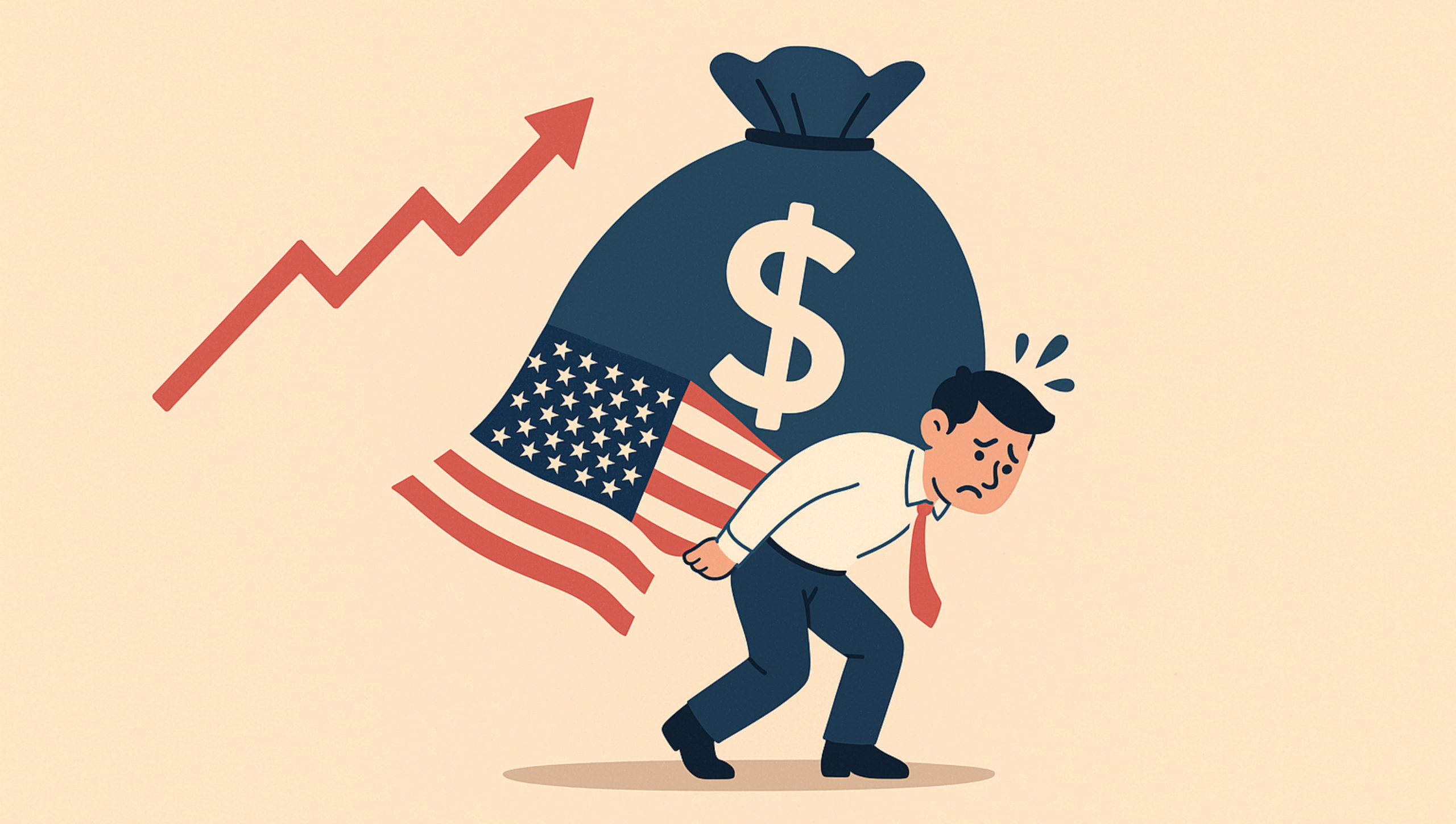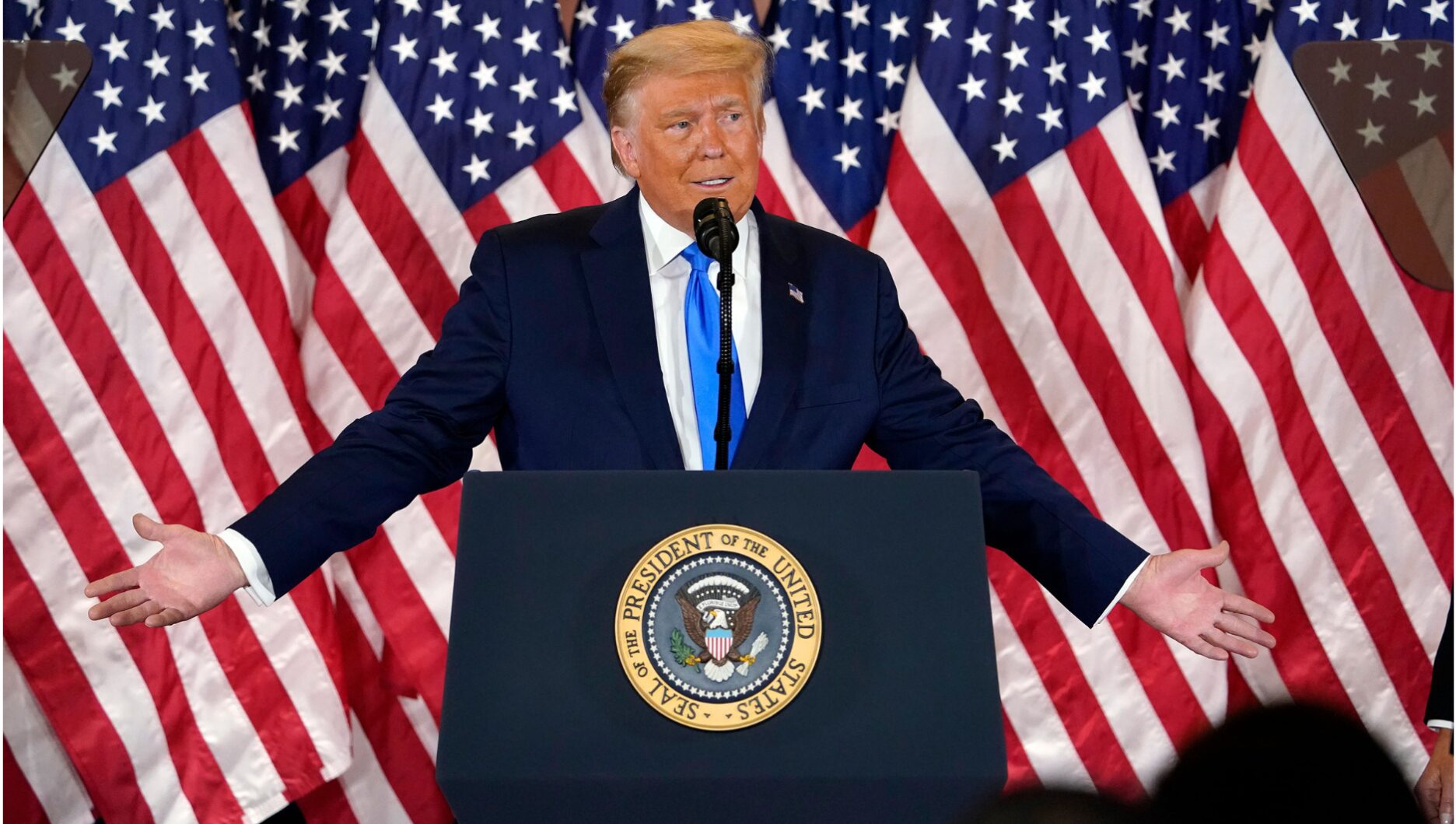$37 trillion. Written another way $37,000,000,000,000.
The Treasury Department confirmed this week that the national debt has officially surpassed $37 trillion. Even with record income from Trump’s tariffs, July’s deficit rose 20% year over year with interest and mandatory programs swamping gains. This milestone was reached years ahead of schedule, and while many Washington leaders acknowledge this number is unsustainable, the pace of new borrowing has accelerated the threat.
According to pre-pandemic estimates, the federal debt was not expected to reach $37 trillion until the early 2030s. Instead, since the beginning of 2024, the debt has grown by $1 trillion roughly every five months–twice the average pace of the past quarter century. Pandemic-era borrowing has set egregiously-high new baselines for spending, and both parties have since maintained it.
A Current Problem–Not Only a Future one
The burden isn’t just a future problem–it’s showing up in today’s budget. Interest payments are now one of the fastest-growing federal expenses, competing with defense and social safety net programs for tax dollars spent. Every dollar spent on interest is a dollar not available for infrastructure, public safety, or tax relief. At the same time, as debt rises, so does the risk of higher taxes and inflationary pressure. Adding to the problem of growing interest is the interest rates themselves have gone up dramatically as the Federal Reserve holds rates high.
No Structural Reform in Sight
Despite repeated warnings from independent fiscal groups, Congress has no binding debt-to-GDP target or spending cap. Both parties continue to pass spending increases without matching cuts or new revenue.
The Bottom Line
Crossing $37 trillion is not just a grim milestone—it’s a policy choice. The debt burden is so large, the government would need to spend more money than the entire American economy just to pay it off. Without enforceable reforms to spending and borrowing, this number will continue to grow–on the backs of taxpayers. A genuine commitment to fiscal discipline requires more than political posturing; it requires systematic changes.
It’s time to actually acknowledge this fiscal behemoth and make the structural changes necessary to secure America’s economic future.
Texans for Fiscal Responsibility relies on the support of private donors across the Lone Star State in order to promote fiscal responsibility and pro-taxpayer government in Texas. Please consider supporting our efforts! Thank you!
Get The Fiscal Note, our free weekly roll-up on all the current events that could impact your wallet. Subscribe today!




